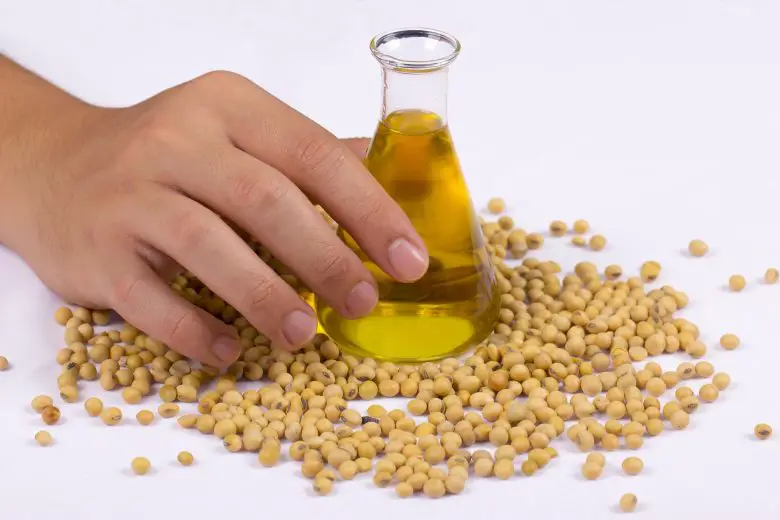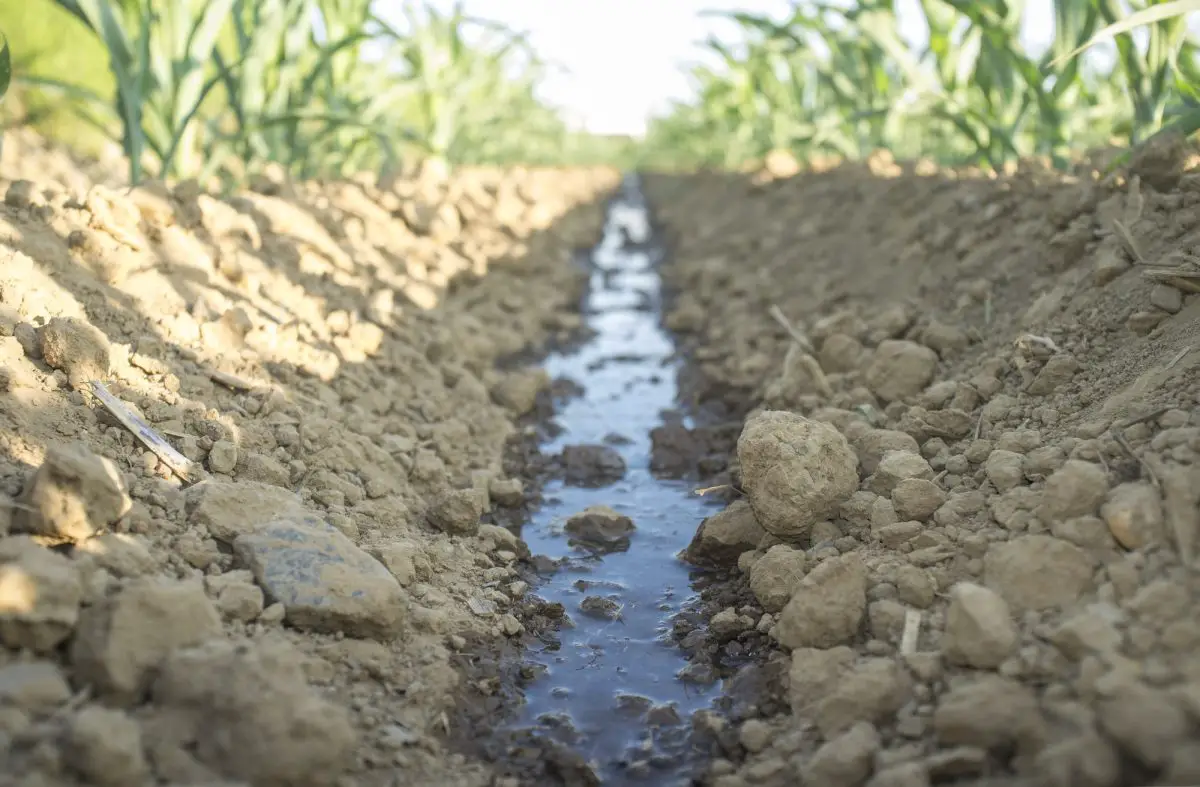Organic farming is gaining popularity due to its emphasis on the use of environmentally friendly and sustainable practices. In this context, soybean oil is making its way as a natural tonic for the biological defense of crops. With its unique and versatile properties, this oil offers numerous benefits for plants, without the use of harmful chemicals. The article will provide a complete overview of its benefits and how to use it for the natural defense of plants, offering organic farmers a valuable resource to improve the health and resilience of their crops.
Ready to find out how soybean oil can be a natural ally in promoting sustainable agriculture?
What are the properties of soybean oil and its uses in organic farming?

Soybean oil can be used as a tonic for the biological defense of plants thanks to its various properties.
First of all, the insecticidal properties must be highlighted. In fact, this oil can be effective in the direct control of parasites through a suffocating action. When the oil is applied to infested plants, it forms a thin layer on the surface of the insects (type aphids or cochineal) or mites (red spider mite), thus hampering their breathing and causing their death.
The oil also acts as a natural pest repellent. Its application to plants can create an unfavorable environment for insects and discourage them from feeding on plants. It can also interfere with the ability of some insects to lay their eggs on plants. Applied regularly, it can therefore help reduce the insect population over time.
Soybean oil is also useful as a natural fungicide, thanks to its antimicrobial properties, which can help fight some fungal diseases that affect plants. Its application can reduce the spread of such diseases and promote plant health. It is therefore a tonic, which can activate the defense responses of plants, strengthening their immune system. This can make plants more resistant to insect and disease attack.
How should soybean oil be used for plants?
The specific use of soybean oil for plants can vary depending on specific goals and conditions.
To use it for insect control, you can prepare a mixture by diluting it with water. Typically, 2% to 3% soybean oil diluted in water is used. You can add an insecticidal soap like soft potash soap to the mixture to improve adhesion and effectiveness. Spray the solution on the affected parts of the plants, focusing on the underside of the leaves where insects such as aphids and mealybugs tend to congregate. Repeat the application every 7-14 days.
As mentioned, this particular oil can be used to stimulate the natural defenses of plants. You can apply a solution diluted with water to plants to activate defense responses. Concentration and frequency of application will depend on plant needs and disease risk. Soybean oil can be used to prevent some fungal diseases, such aspowdery mildew or the tomato blight, very frequent in spring. You can make a solution by diluting the oil with water and spraying it on your plants to create a protective layer. Make sure you cover the affected parts of the plants completely.
In any case, it is important to follow the manufacturer’s specific instructions and respect the recommended doses. Also, be sure to test the oil on a small area of your plants before applying it on a large scale to gauge any adverse reactions.
In general, it is best to apply the soy and water based oil solution under conditions of moderate temperature and relatively low humidity. Avoid applying it under strong sun or during the hottest hours of the day to avoid burns on the leaves.
Can soy-based oil be used for food use or is it better to use products authorized for organic farming?
Food-grade soybean oil can be used for specific purposes in organic farming, but it is preferable to use specific products authorized for use in organic farming.
This is due to several reasons, firstly the specific products for organic farming are formulated and certified to comply with quality standards. These products go through a certification process to ensure they have been produced using approved organic farming methods and ingredients. In this sense, this type of oil for food use may contain additives or substances which may not comply with the standards of organic farming.
By using specific products for organic farming, you can be sure that you are using products that comply with the food and environmental safety requirements established by the European biological regulations of reference. Specific products for organic farming are formulated to meet the needs of crops. They can contain specific formulations, for example with the addition of emulsifiers or other ingredients that optimize the efficacy and duration of the action of the soybean oil, and can be purchased without particular requirements, such as for example the license for the use of plant protection products.







Start a new Thread